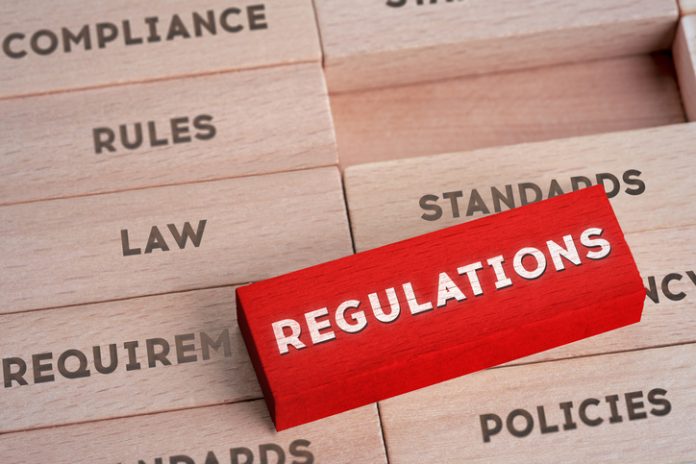Regulating against medicines misinformation is among a number of recommendations to governments made by the International Pharmaceutical Federation (FIP) in a statement of policy on the strategic development of medicines information, published October 17.
“This statement of policy replaces one published by FIP in 2017, taking into account the increasing use of digital information sources, including artificial intelligence, and putting a stronger emphasis on the role of pharmacists to lead in this area,” said Dr Boyan Todorov, president of FIP’s Health and Medicines Information Section and co-chair of the policy committee that developed the statement.
Dr Todorov explained: “Medicines information is essential to empower patients, users of medicines, healthcare practitioners and caregivers to engage in the safe, effective and appropriate use of medicines. Challenges in ensuring the quality of information often relate to the decentralised and unsupervised ways of creating health and well-being information online. For example, users of medicines can now find information through artificial intelligence platforms, but that information can be incorrect, with detrimental effects on health.”
Pharmacists should utilise their expertise to lead the creation and execution of effective medicines information strategies, while establishing their role as a trusted partner and knowledge base for other healthcare practitioners, and as the primary resource for obtaining accurate and unbiased medicines information, FIP says. In particular, they should give special attention to the use of printed or electronic information to reinforce spoken information provided. In addition, the federation calls for the establishment of medicines information centres operated by pharmacists specialising in the provision of medicines information.
The updated statement of policy also contains a number of recommendations for action by other stakeholders, including education providers, the pharmaceutical industry and FIP member organisations.









